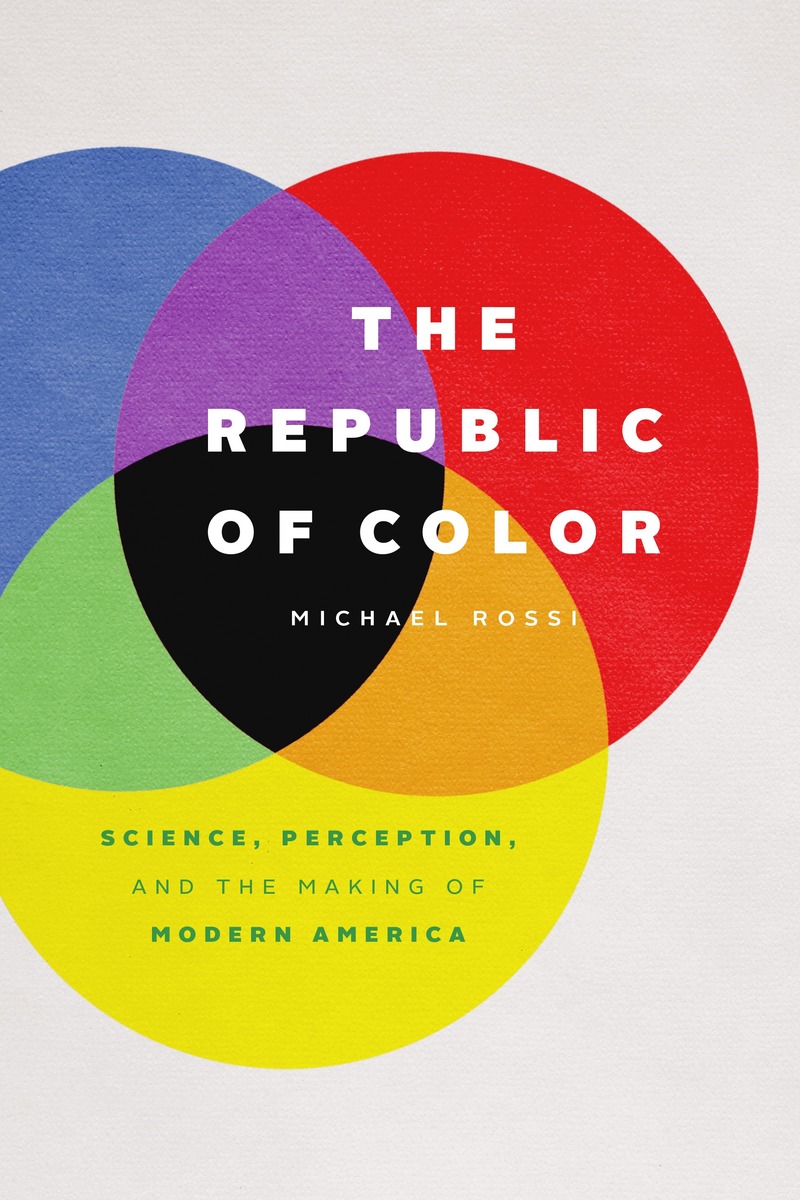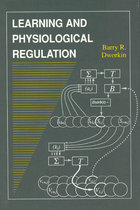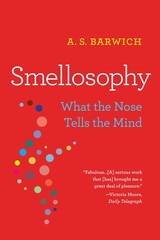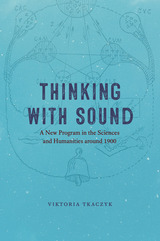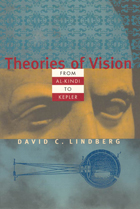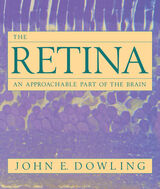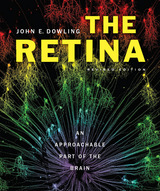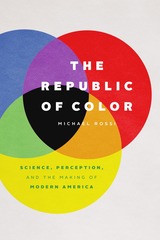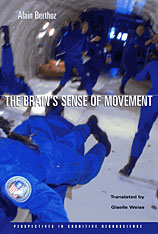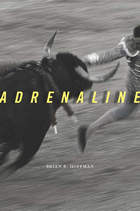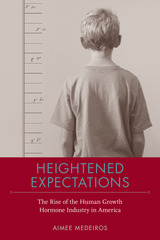"In a kaleidoscopic tour through American laboratories, artists' studios, corporations, and game boards of the nineteenth and early twentieth centuries, Rossi puts color at the very center of US life. Colors wavered, shifted, and set each other off; stabilizing colors meant bringing order to anxious social and political relations. Lighting up a landscape of previously hidden connections, this eloquent, original book unfurls a stunning series of interlocking tales of science and sensation in the making of modern life."
— John Tresch, The Warburg Institute, University of London
"Are colors creations of the mind or something out there, in the surrounding world? If their perception arises from the interaction between the mind and the world, does that mean that different minds perceive colors differently? The Republic of Color shows how modern American efforts to resolve such conundrums not only engaged profound philosophical questions about the nature of reality and human knowledge but were also constantly shadowed by sociopolitical concerns about the possibility of a shared community. This brilliant history is quite simply the most stimulating I have read in recent years."
— Shigehisa Kuriyama, Harvard University
“An intriguing look at the history of and current way we conceive of color. . . . This book does a beautiful job of weaving together the way the different color sciences have made a cultural impact throughout history.”
— Science
"How do we as humans perceive color? What are the physical, physiological, and psychological bases of color perception? Is there a racial explanation for how humans see and describe color? These are a few of the questions reexamined. . . . In seven chapters, [Rossi] explores how the study of color perception in the US has involved a surprisingly diverse set of investigators, influencing biological thought through personal connections. . . . In this fascinating study, Rossi relates the story of racism in the US by tracing the path that led from 'talking about color' to thinking about race. . . . Highly recommended."
— CHOICE
"As Michael Rossi demonstrates in The Republic of Color, blurring the distinctions between color in race and color in optics has a long and complex history in American culture and society. Rossi's wide‐ranging, well‐researched, and interdisciplinary study highlights a tenacious American obsession with color in multiple contexts from the mid‐19th through the early 20th century. . . . So much fascinating material. . . . The great strength of a successful study like Rossi's is the extent to which it encourages others to take up the project. Readers in many fields contiguous with the scientific and social focus on color will find much to inspire them here."
— Journal of the History of the Behavioral Sciences
"Rossi's study of color in American life brings anxieties over the possibility of community in the modern world into brilliant focus. . . . This vibrant book will find an audience in aesthetes and Americanists alike, or virtually anyone interested in why the technical tools for making and modulating color look the way they do."
— Michael McGovern, New Books in Science, Technology, and Society
"Rossi provides an agile reconstruction of the historical and theoretical context in which scientific investigations of color incited larger assumptions about human evolution and cultural production. . . . He demonstrates an exceptional ability to weave the attitudes, scientific labor, and networks of a diverse cast into a meditative account that adds essential hues to an otherwise monochromatic representation of the making of modern America. Rossi skillfully segues from one to the other, exploiting seemingly tentative connections to illustrate the profound impact of color science across a broad spectrum from science to philosophy to medicine to pedagogy to industry. . . . The Republic of Color is an impressive first book throughout which Rossi emerges as a gifted writer, erudite storyteller, and conscientious historian of science. His ability to navigate, in a nuanced and elegant manner, the historical bias on race, gender, and disability that was deeply enmeshed in turn-of-the-century American color science is outstanding. . . . Rossi is deservedly situated at the epicenter of scholarship that reinvigorates color with an active agency to re-form and inform the world. The Republic of Color leaves one with a recalibrated attention to the world past, present, and future.”
— Journal of History of Science and Technology
"[A] remarkable and original intellectual history... Masterful in its clarity, logic, and lambent delight. [Rossi] has many delightful stories to tell, yet he never loses sight of the probing analytical threads that run through this well-crafted, beautifully color-illustrated book."
— Isis: A Journal of the History of Science Society
